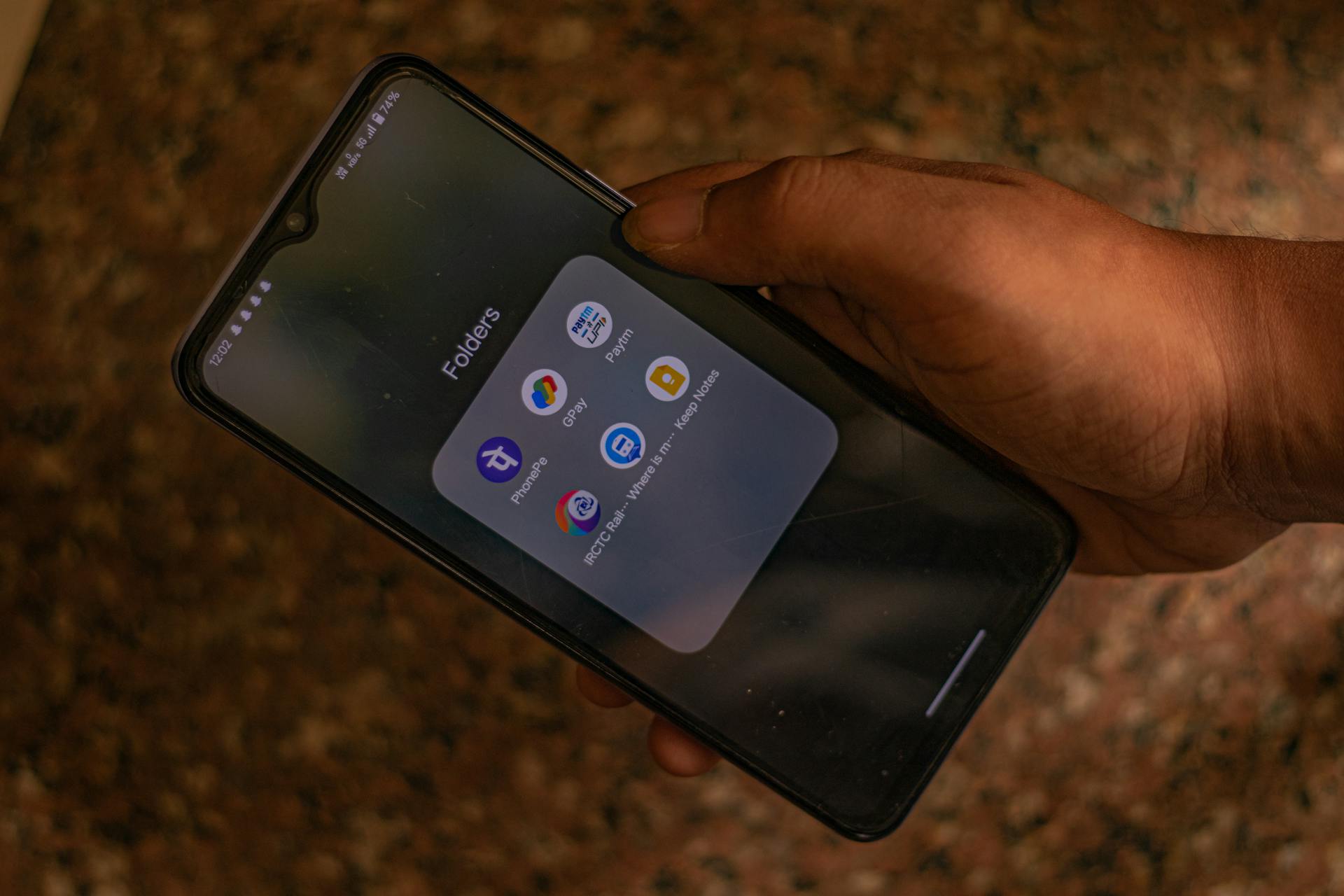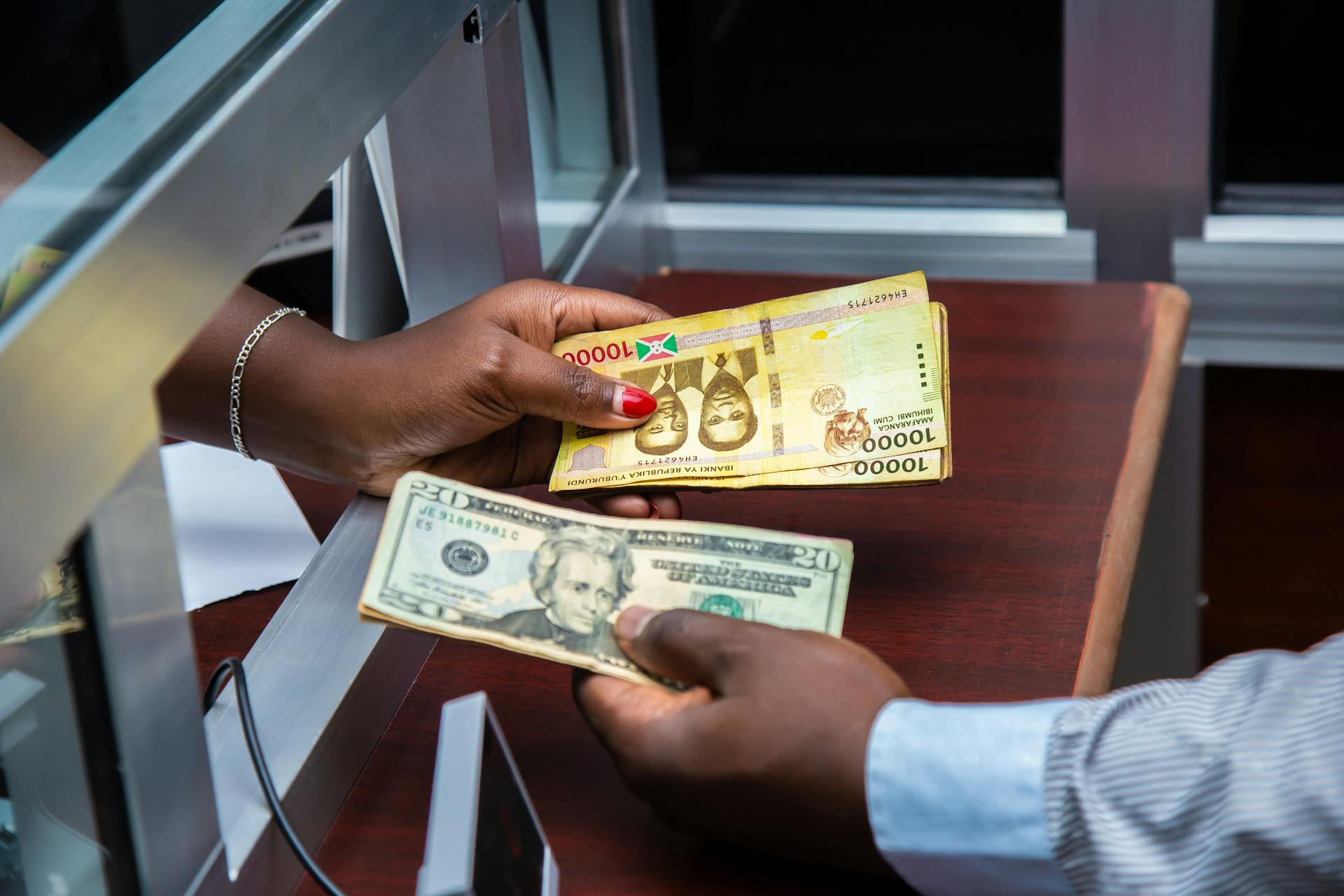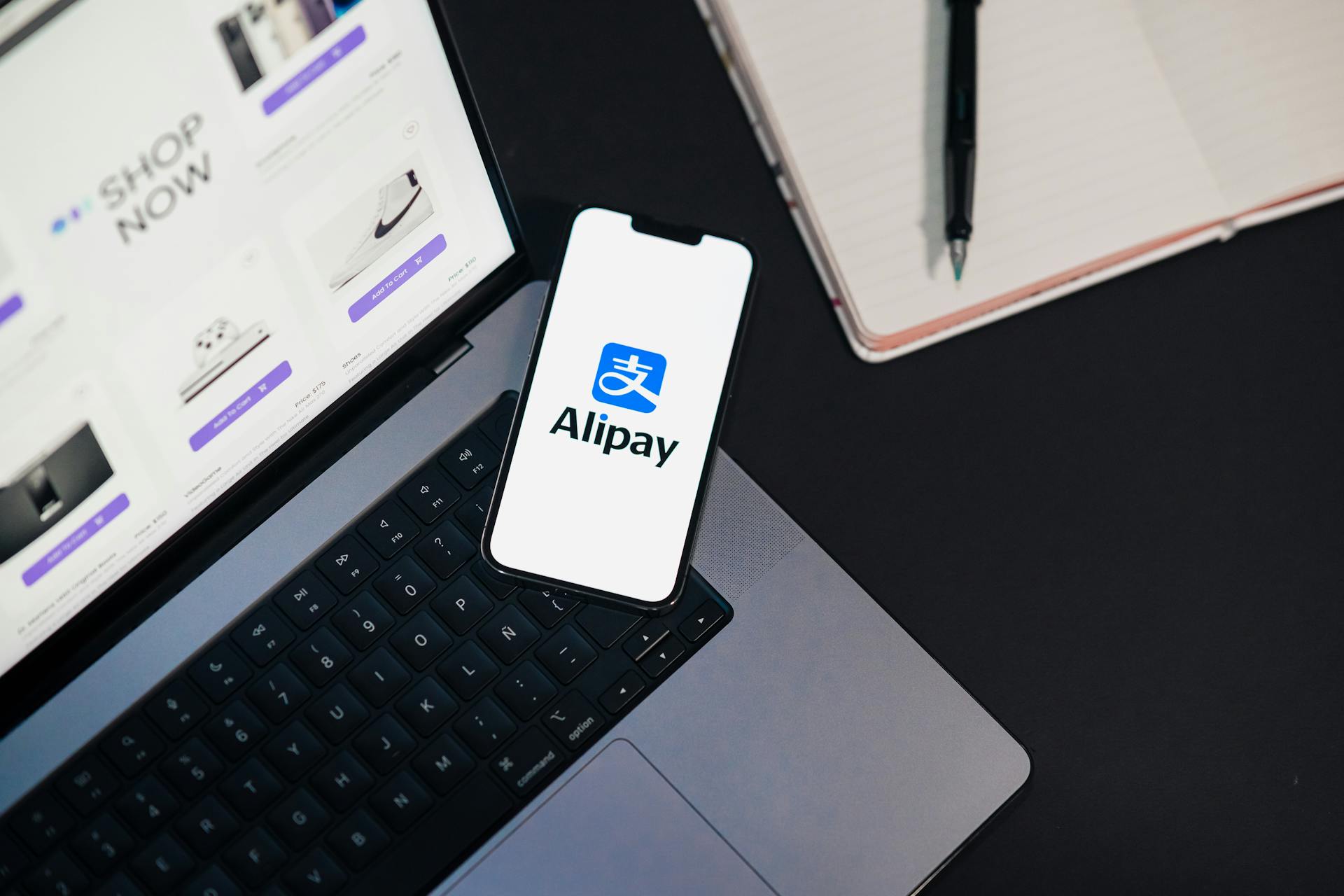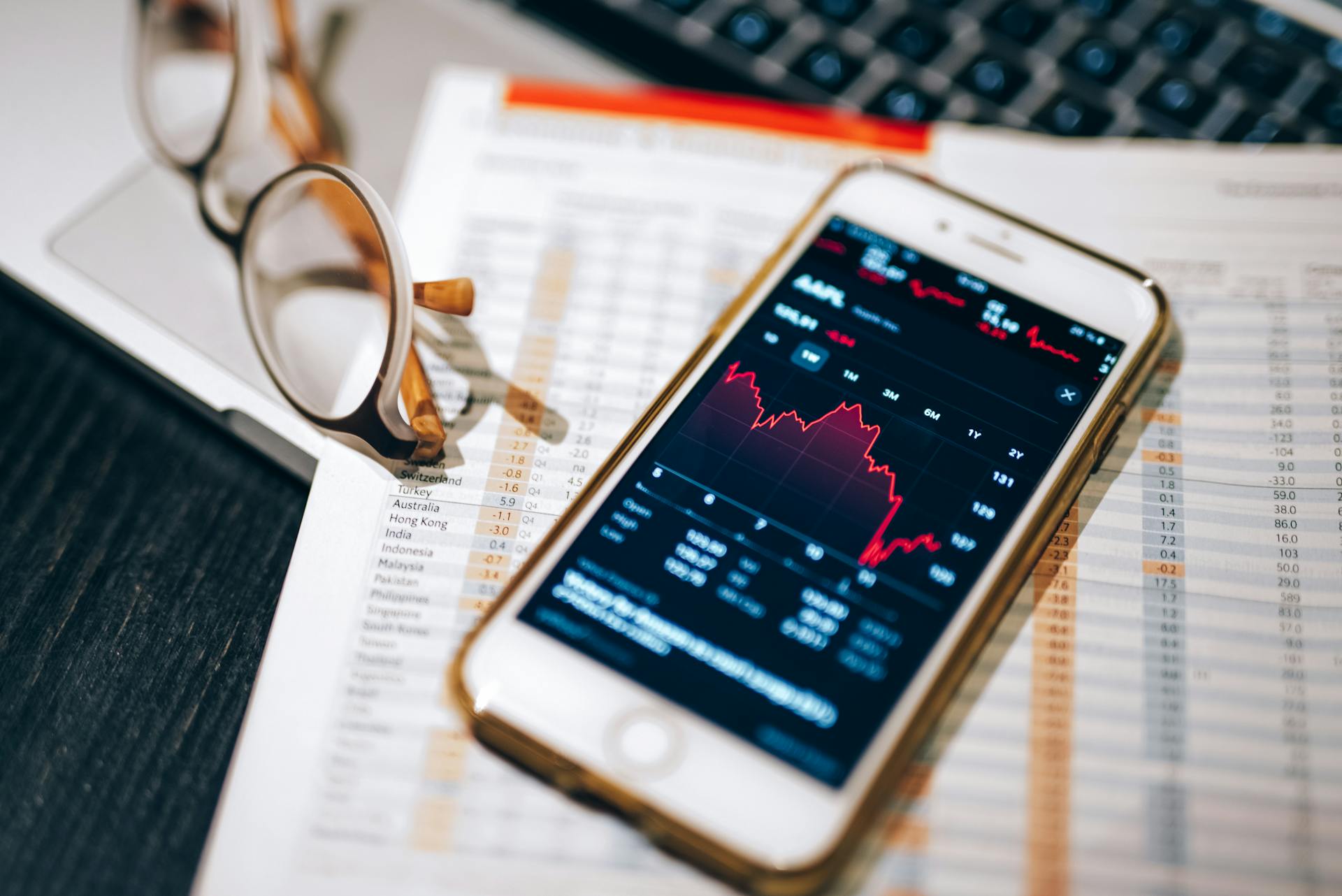
Foreign ordinary shares are a type of stock that represents ownership in a foreign company. They are often denominated in the local currency of the country where the company is based.
In the US, foreign ordinary shares can be listed on major stock exchanges, such as the NYSE or NASDAQ, but they may also be traded over-the-counter (OTC). Foreign ordinary shares can be a great way to diversify your investment portfolio.
Investing in foreign ordinary shares can be a bit more complex than investing in US stocks, however. You'll need to consider factors such as currency exchange rates, local market conditions, and the company's financial health.
Here's an interesting read: Foreign Currency Mortgage
What are ADRs?
American depositary receipts (ADRs) are a way for U.S. investors to buy shares in foreign companies. They're issued by U.S. depositary banks and represent one or more shares of a foreign stock or a fraction of a share.
Each ADR is like a ticket that gives you the right to obtain the foreign equity it represents. For example, if a U.S. bank buys shares of a Canadian company and sells ADRs at a ratio of 2:1, each ADR would represent two shares of the Canadian company.
ADRs are held in the vaults of the U.S. banks that issue them, but the shares they represent are actually held in the home country of the foreign-based corporation. This makes it easier for investors to buy and sell foreign shares without worrying about exchange rate differences or special brokerage accounts.
ADRs have different levels (I, II, and III) that indicate varying degrees of access to U.S. markets and reporting requirements.
Here's a breakdown of the different levels of ADRs:
ADRs allow U.S. investors to diversify their portfolios internationally and provide a seamless pathway to invest in foreign companies.
Investing in ADRs
Investing in ADRs is a great way to diversify your portfolio and tap into foreign markets. You can trade ADRs on U.S. stock exchanges, making it easier to invest in foreign companies without navigating complex foreign exchanges.
International stock exchanges operate under different rules and guidelines, so it's essential to learn about these differences to create a solid investment strategy. This knowledge will help you prepare for any challenges you may face when investing in ADRs.
To start investing globally, consider your investor type and approach. You can choose from ADRs, foreign ordinaries, exchange-traded funds (ETFs), mutual funds, and non-traditional investments like REITs.
Diversification strategies, including ADRs, do not ensure a profit and do not protect against losses in declining markets. It's essential to understand the risks involved and have a well-thought-out plan.
ADRs serve a crucial role for U.S. investors by providing a pathway to invest in foreign companies. They act as negotiable instruments traded on U.S. markets, enabling investors to diversify their portfolios internationally.
You can invest in ADRs with a SchwabOne brokerage account or call the Global Investing Services team at 800-992-4685 for assistance. Their team is available between 5:30 p.m. ET Sunday and 5:30 p.m. ET Friday.
Discover more: What Not to Do When Sharing Your Testimony?
Trading and Fees
Fees for investing directly in foreign stocks can add up quickly and eat into your profit (or add to a loss).
These fees can be substantial, making it essential to factor them into your investment decisions.
A unique perspective: What Are B Shares
How to Trade
You can invest directly in foreign stocks through your current broker, who may have an affiliation with a broker in another country that can carry out the transaction.
Charles Schwab offers its customers real-time quotes on non-U.S. securities and the ability to trade foreign ordinaries and ADRs.
If your broker doesn't have this service, you could open a brokerage account in the country you wish to trade in, although this may not be the easiest choice.
International Assets Holding Corporation (INTL) provides access to 8,000 ADRs and foreign ordinaries in over 20 countries, but its services are mostly geared toward institutional investors.
Related reading: What Is Class B Shares
Additional Fees
Investing in foreign stocks can be a costly affair, especially when it comes to additional fees. Fees for investing directly in foreign stocks can add up quickly and eat into your profit (or add to a loss).
Brokerage fees for international trades can range from $10 to $30 per transaction, which may seem insignificant but can quickly add up over time.
These fees can be a significant burden, especially for smaller investments or frequent trades.
Consider reading: Jollibee Stock Code
Risks and Concerns
Investing in foreign ordinary shares can come with some unique risks and concerns. Liquidity concerns are a major issue, especially when dealing with smaller overseas stock exchanges. Overseas exchanges are often less liquid than the NYSE, making it harder to get in and out of positions quickly and at a desirable price.
Time zone differences can also create problems when placing trades. This can lead to delayed execution or even missed opportunities.
Exchange rate dynamics can also impact the value of foreign ordinary shares. Changes in currency values can affect the returns for U.S. investors, making exchange rate risk a significant concern.
Discover more: Common Stock vs Ordinary Shares
Pros and Cons
When investing in ADRs, it's essential to consider the pros and cons. Here are some key points to keep in mind.
One of the main advantages of ADRs is that the issuing financial institution will collect any dividend payments and convert them into U.S. dollars for you.
This means you'll have access to more information than you would if you'd invested directly overseas, as ADRs are registered with the U.S. Securities and Exchange Commission and subject to U.S. accounting rules.
Additionally, applicable dividend withholding tax percentages may be lower than those applied to foreign ordinary shares, depending on the country and account type.
However, there are some fees to be aware of, including quarterly or annual 'ADR Pass-Through Fees' which consist of custody fees and fees for processing dividends and corporate actions.
These fees can add to your investment costs, so it's essential to factor them into your decision.
Liquidity for some ADRs may be low, which can affect bid/ask spreads.
Not every foreign company has an ADR, so it's crucial to research the specific company you're interested in.
While rare, the bank offering the ADR may decide to terminate the ADR program for any number of reasons, including lack of interest, which could result in a requirement that the position be liquidated or converted to the underlying foreign ordinary shares.
Considerations Table
Investing in foreign stocks can be a great way to diversify your portfolio, but it's essential to understand the potential risks and concerns involved. Liquidity can vary greatly depending on the market and security, with some ADRs having low liquidity, while others, like those traded on the NYSE, are highly liquid.
A key consideration is the minimum position size, which can be a concern for some investors. Fortunately, many foreign stocks, including ADRs and Canadian stocks, do not have minimum position size requirements.
Trading hours can also be a consideration, especially for those who are used to trading during U.S. market hours. ADRs, for example, are traded during U.S. market hours, while foreign stocks traded on local exchanges are traded during their respective market hours.
Currency exposure is another risk to consider, as changes in exchange rates can impact the value of your investments. For example, if the dollar rises in value compared to the foreign currency, you may lose some of your gains during currency conversion.
Curious to learn more? Check out: Share Split Example
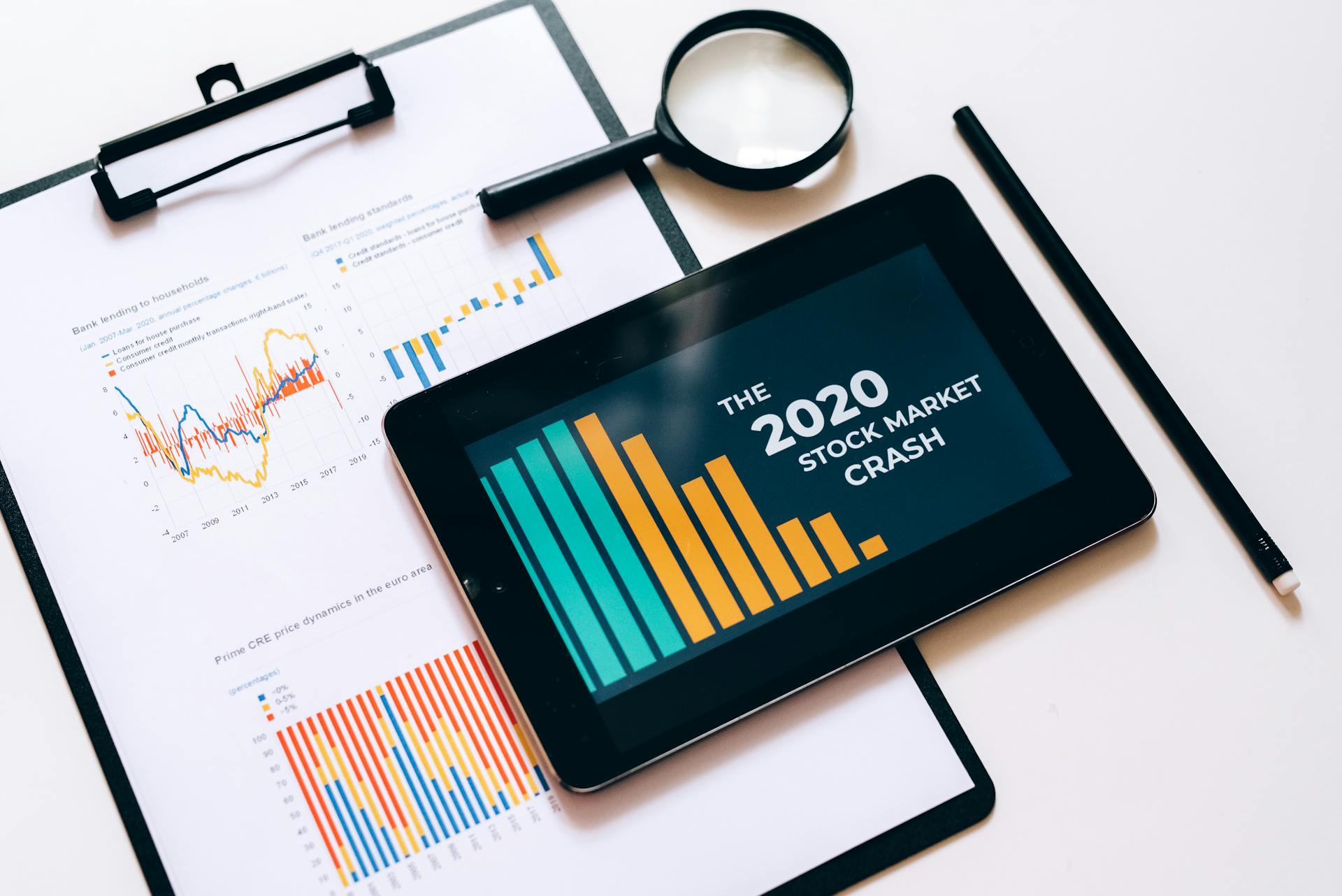
Here's a summary of the key considerations for each type of investment:
It's essential to understand the specific risks and concerns associated with each type of investment to make informed decisions about your portfolio.
Tax Consequences
Investing in foreign securities can be tricky when it comes to taxes, and you may have to pay special taxes on gains and distributions that are imposed on foreign investors.
Consulting a tax professional is crucial to understand the tax implications of any investment, especially atypical ones.
Special taxes on gains and distributions can be imposed on foreign investors, making tax planning a must for those investing abroad.
Frequently Asked Questions
Does ADR pay dividends?
Yes, ADRs pay dividends, but the amount may fluctuate due to currency exchange rates and will be finalized on the payment date.
Sources
- https://www.schwab.com/stocks/understand-stocks/adrs-foreign-ordinaries-canadian-stocks
- https://www.aaii.com/journal/article/foreign-ordinaries
- https://www.interactivebrokers.com/en/trading/adr-conversions.php
- https://www.investopedia.com/ask/answers/06/adrvsads.asp
- https://www.tradingview.com/news/barchart:38a71bb64094b:0-you-should-buy-foreign-stocks-here-s-how-to-get-started/
Featured Images: pexels.com
